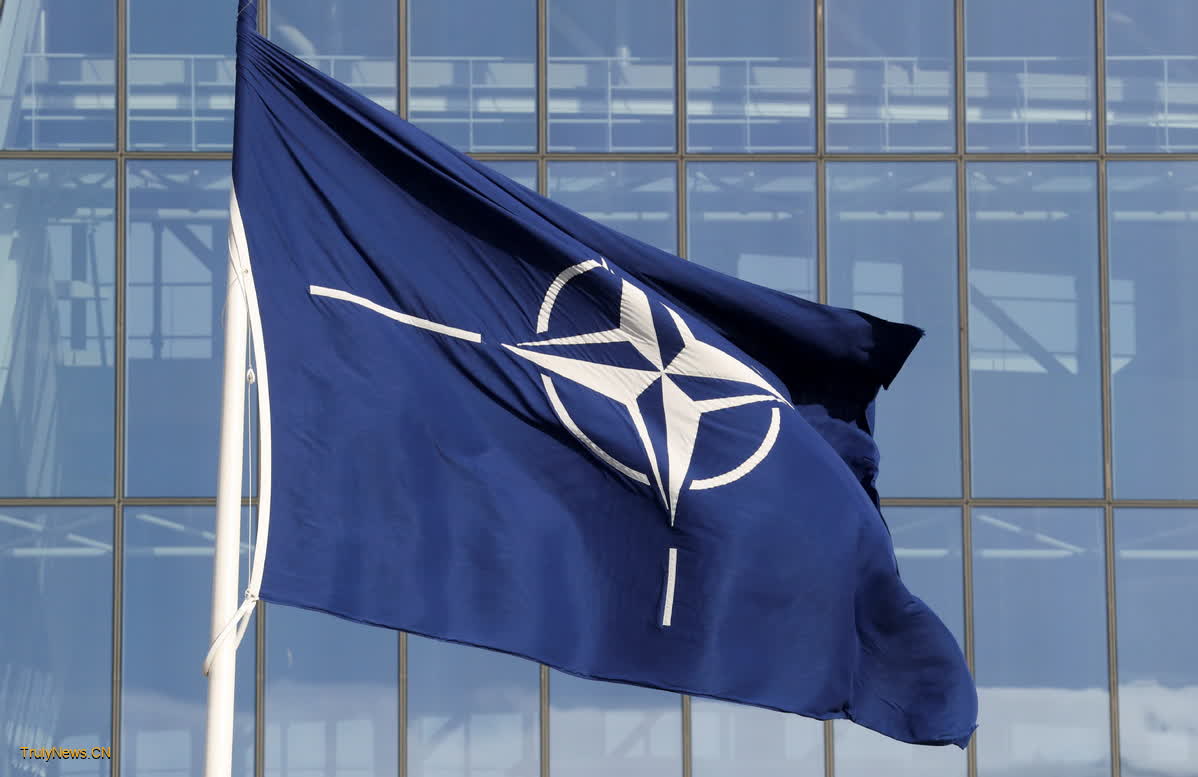
With the geopolitical landscape shifting in recent years, some are trumpeting NATO’s eastward expansion into Asia, an attempt to mimic the “collective security” concept of the West. Certain countries are even peddling the idea of an “Asian NATO”. Much to their surprise, however, such a notion has been met with a chorus of resistance. “We are already ASEAN. We do not need NATO in ASEAN,” said the Malaysian Foreign Minister Mohamad Hasan. The Jakarta Post, a leading English newspaper in Indonesia, has dismissed the idea of “Asian NATO” in an editorial, “advising” certain countries to refrain from promoting this idea to avoid self-humiliation. Even the Philippines, which is the most aggressive on the South China Sea issue, considers “Asian NATO” unrealistic. S. Jaishankar, India’s External Affairs Minister, said “We don’t have that kind of strategic architecture in mind.” He went on to say that India “has a different history and a different way of approaching the world”. Moreover, Asian countries have expressed deep concern over the concept itself. They believe that it does no good to Asia’s peace and security, and have questioned the ulterior motives behind it.
There are several reasons for Asian countries’ concerns about the idea of an “Asian NATO”. First and foremost, they are wary of the historical and geopolitical baggage associated with the term “NATO”. As is widely known, NATO was born out of the Cold War, representing the harsh history of all-out East-West confrontation. Back then, most of the Asian countries, already grappling with internal and external threats, were entangled in great power rivalries. It was precisely after the end of the Cold War that Asian countries stepped out of the shadow of the bipolar world to embrace a peaceful and stable external environment, brimming with dynamism for self-reliance and self-improvement. Since then, regional cooperation has started to flourish, with ASEAN as a shining example. Besides, China has created an economic miracle following its reform and opening-up in 1978. Countries such as India have also experienced rapid development. These have made Asia an indispensable part of the world economy and the most promising region. That is why Asian countries cherish the hard-won peace and the momentum for cooperation and development. No one wishes to return to bloc confrontation.
While NATO focuses on security cooperation, what Asian countries and the Global South prioritize is development cooperation. Hyping up so-called “common threats”, building barriers and triggering conflicts between partners is tantamount to rejecting progress and opportunity. Such practice not only goes against the trend of the times but also the will of the people. Moreover, NATO’s enthusiasm for creating exclusive circles runs counter to Asian countries’ desire for open cooperation. ASEAN, which is growing steadily, has established cooperation mechanisms with China, Japan and South Korea separately (10+1), and with the three countries as a whole (10+3). These mechanisms have continuously deepened, with a series of other Asian cooperation mechanisms also advancing. These align with the aspirations of most Asian countries and have brought tangible benefits to peoples across the continent. Just days after a certain country suggested the idea of an “Asian NATO”, leaders from China and ASEAN countries announced the substantive conclusion of negotiations to upgrade the China-ASEAN Free Trade Area (FTA) to Version 3.0. The China-ASEAN FTA, since its initiation in 2000, has grown from strength to strength as the world’s largest trade bloc among developing countries encompassing a population of 1.9 billion across 11 countries. This reflects the shared commitment of ASEAN and China to spearhead East Asia’s economic integration, and provide strong impetus for Asia’s continued development.
Undeniably, the security landscape in Asia has undergone significant changes in recent years, necessitating the improvement of the existing security architecture and the exploration of new security ideas. But Asia is not Europe or North America. The diverse national conditions and cultures of Asian countries have shaped an inclusive rather than exclusive approach to security. Eastern civilizations, characterized by a great emphasis on harmony and common prosperity, have nurtured traditional values of fostering friendly relations with neighbors. The belief in mutual trust and peaceful coexistence as the cornerstone of true security is deeply ingrained in the region. Universal security and common security are true security. A beggar-thy-neighbor approach not only fails to address one’s own security concerns, but also leaves everyone else feeling insecure. The ways in which Asian countries resolve disputes also differ from the West’s frequent use of force. The Five Principles of Peaceful Coexistence, first proposed in Asia 70 years ago, have gained widespread recognition among Global South countries. A recent example of this is an agreement reached by China and India, two ancient civilizations, through patient dialogue and consultation, to ease tensions in border areas, once again demonstrating the unique wisdom of Asian cultures in addressing security issues. From the perspective of the Global South, this approach evidently outshines Western mentality and the NATO model.